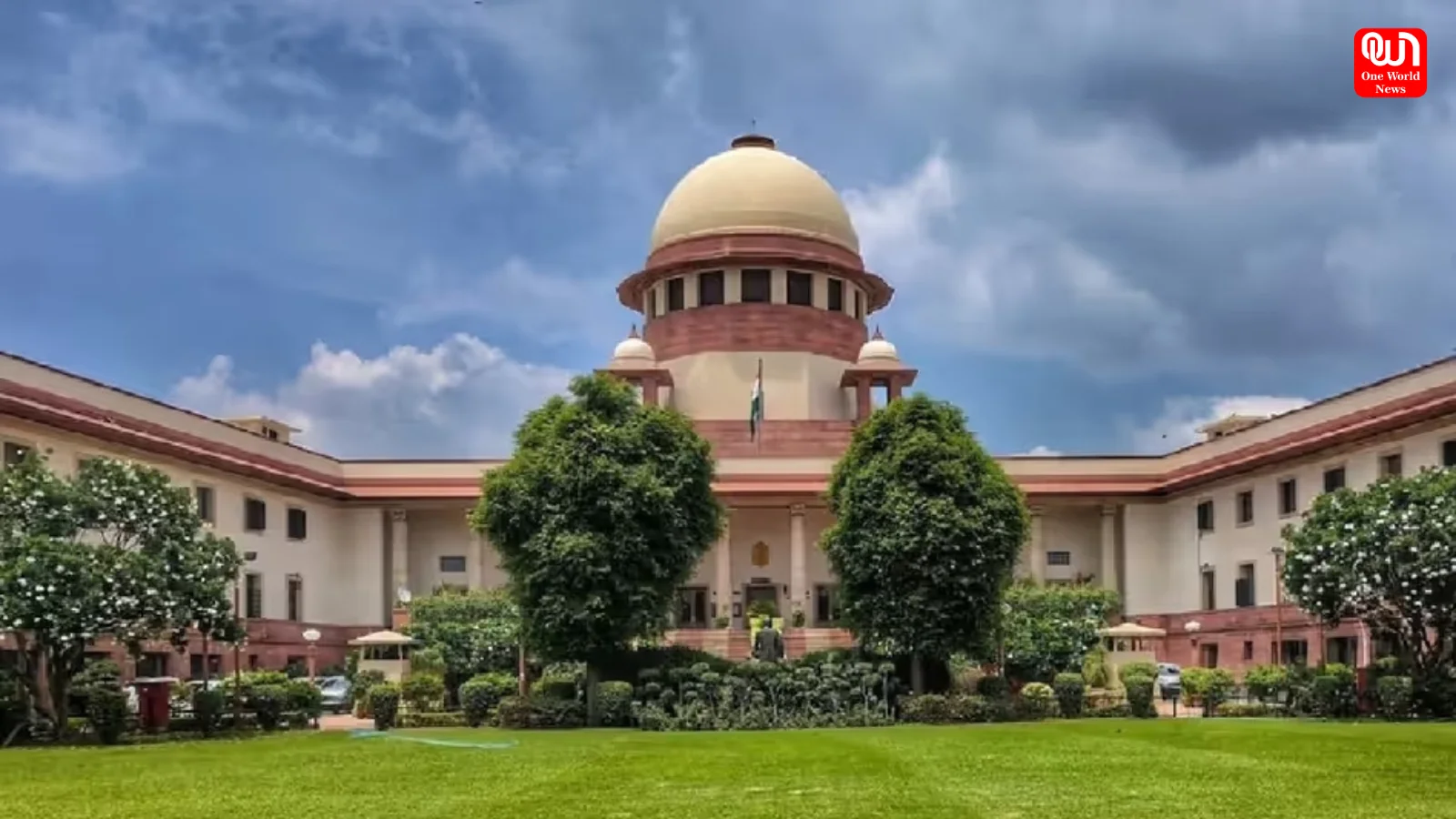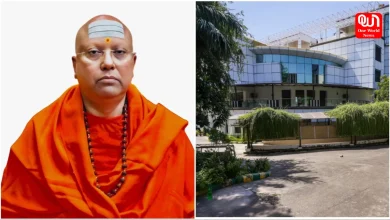Supreme Court Upholds Aligarh Muslim University’s Minority Status in 4:3 Verdict
Supreme Court's 4:3 ruling upholds Aligarh Muslim University's minority status, ensuring protection under Article 30 of the Constitution.
Supreme Court Upholds Aligarh Muslim University’s Minority Status in Historic 4:3 Verdict, Protecting AMU’s Rights Under Article 30 of the Constitution

In a landmark ruling, the Supreme Court of India upheld Aligarh Muslim University’s minority status in a hotly contested 4:3 decision. This is a landmark moment for Indian education law, because it affirms AMU’s right to operate as a minority institution under Article 30 of the Indian Constitution. Article 30 gives religious and linguistic minorities the ability to establish and administer institutions of education chosen by them. This ruling has marked a landmark in the debate surrounding minority rights and the governance of institutions of learning in India.
Read more: Delhi Police Constable’s Identity Struggle After Gender Change
A bench presided over by Chief Justice of India (CJI) DY Chandrachud heard the case, which comprised Justices Sanjiv Khanna, JB Pardiwala, Manoj Misra, Surya Kant, Dipankar Datta, and SC Sharma. The court reversed a 2006 judgment by the Allahabad High Court that had held AMU is not a minority institution. That judgment was now superseded by the Supreme Court and the minority status of AMU reinstated.
Majority opinion was authored by CJI Chandrachud along with the concurrence of Justices Khanna, Pardiwala, and Misra. Dissenting judgments were those of Justices Surya Kant, Datta, and Sharma. The majority judgment devoted all its energies towards proving that the rights of the minority communities to the setting up and managing of educational institutions are inalienable, be it at any cost regardless of whether management boards included members of any such community or not.
This will be on the back of a 1968 Supreme Court judgment in the case of S. Azeez Basha vs Union of India, when the court had held that AMU lost its minority character by passing of a law prescribing regulation of the university by the Indian Parliament. That precedent has now been reversed. The bench clarified that merely because a law was passed to regulate the university did not mean that it lost its status as a minority institution.
Read more: Dengue Cases Surge in Karnal: MLA Jagmohan Anand Addresses Vacant Medical Posts
In its considerations, the court underlined that one should have a very real understanding of how it came to be and what principles the institution was founded upon. It made note of the fact that whether the institution qualifies as being a minority institution or not is also found in the individual who founded it and whether or not the institution was founded in a minority nature. The judgment stressed that the court has to take into account the “genesis” of the institution. In other words, it should be on that which took up the center in its establishment and growth—if the minority was the one who initiated the forming of the community, took land, and other basic things.
On this aspect, the Supreme Court clarified that minority status does not necessarily demand that the institution be governed by a minority member. An institution can still be secular in its administration and approach towards education and hold minority status. According to the court, one needs to focus on whether it was instituted by a minority community rather than whether it is run by a minority.
This ruling further reiterated that government regulation of minority institutions does not automatically strip these institutions of their minority status. The court said that the government could impose regulations on minority educational institutions to ensure proper functioning as long as such regulations do not infringe upon their character as minority institutions. The bench opined that the laws under which minority institutions function do not abrogate their minority status, and the regulation must respect the basic right of minorities to establish and manage their institutions.
In this 4:3 decision given by the Supreme Court, it will be a victory for AMU and other minority institutions in the sense that their right to live as an institution of their minority character would be protected. In doing so, the judgment stresses the balancing act necessary between oversight by the government and constitutional rights attributed to the minorities in India; it reinforces the idea that institutions of this nature need to remain protected under Article 30 not because of some external regulations.
We’re now on WhatsApp. Click to join.
Like this post?
Register at One World News to never miss out on videos, celeb interviews, and best reads.








